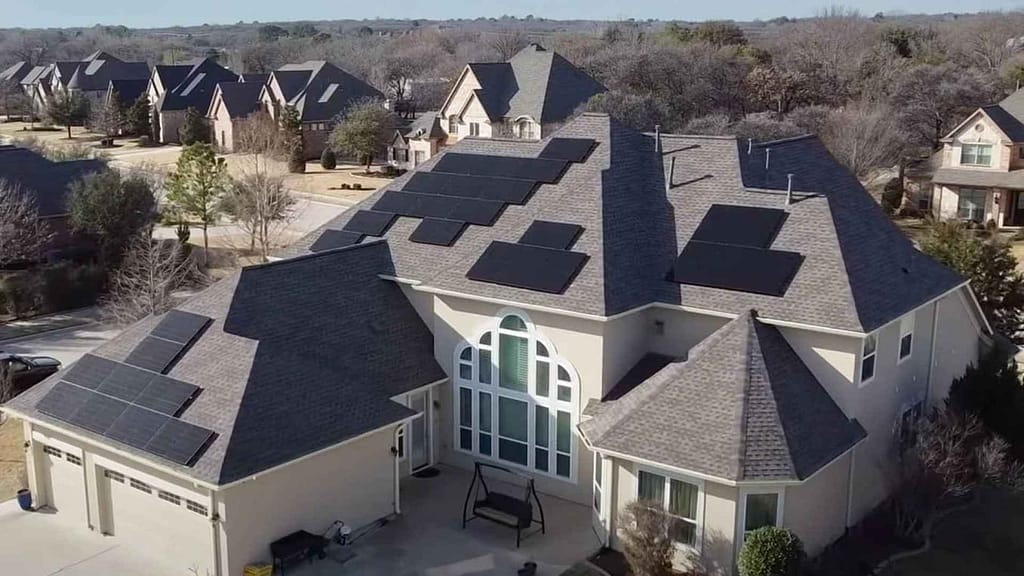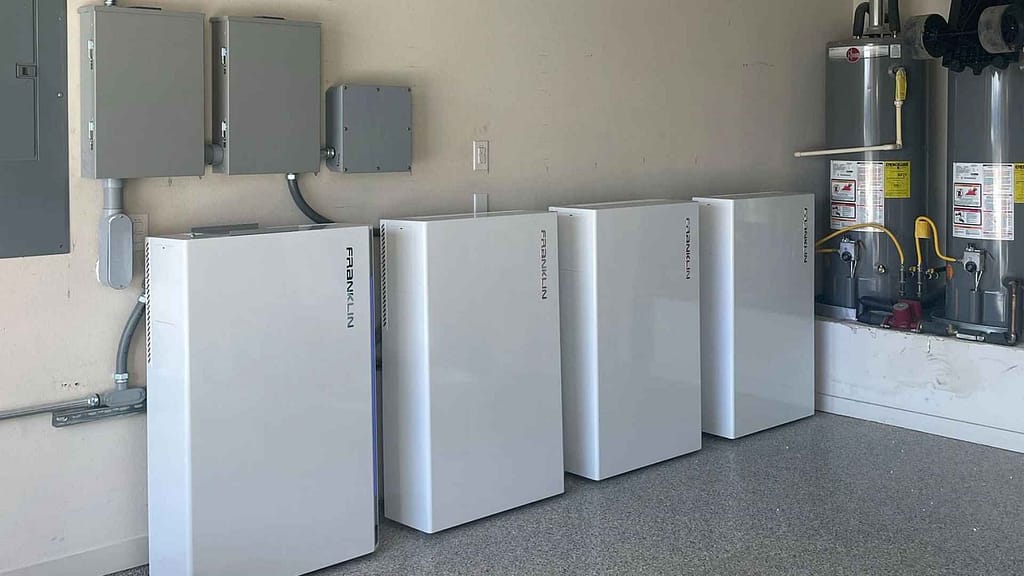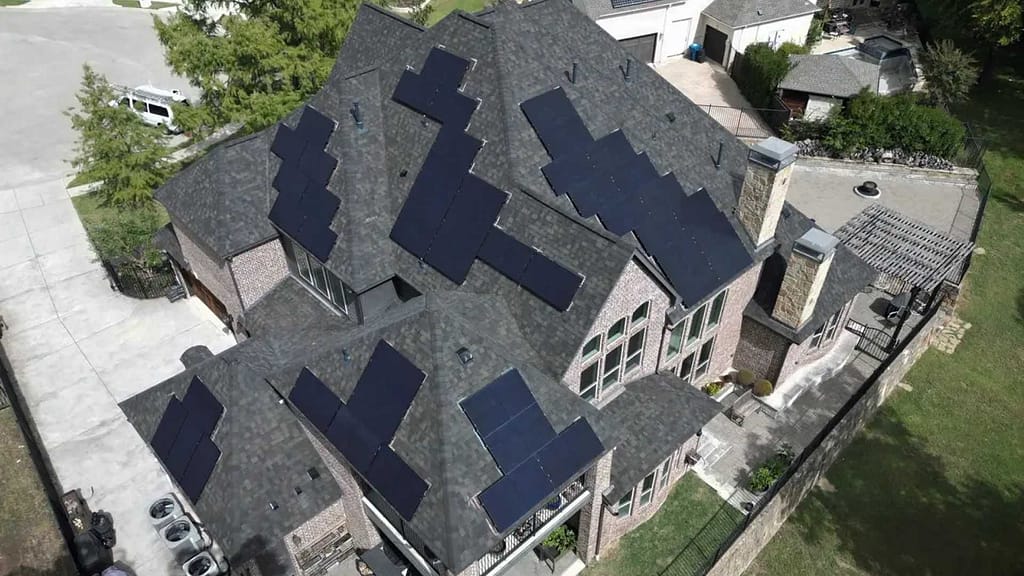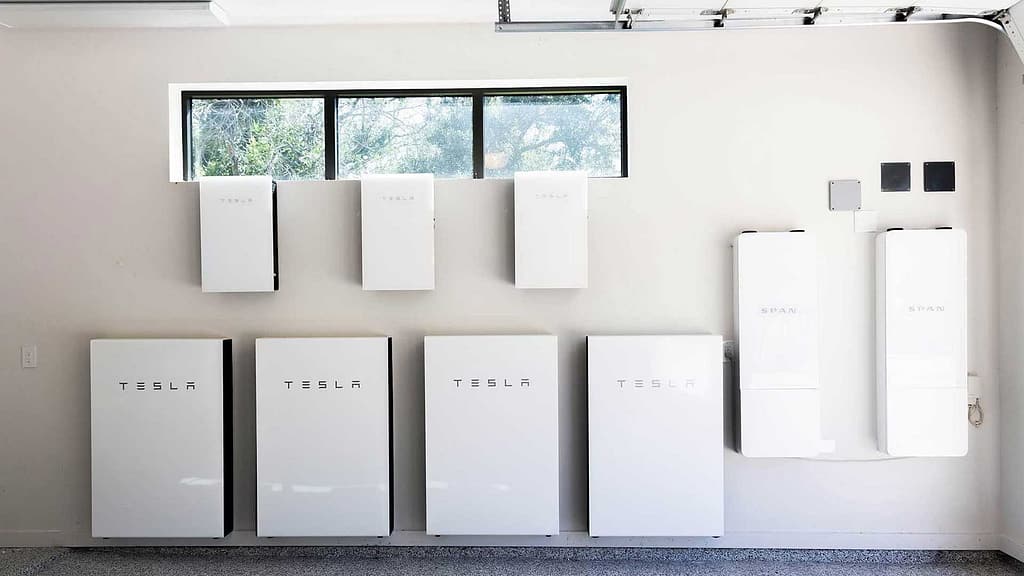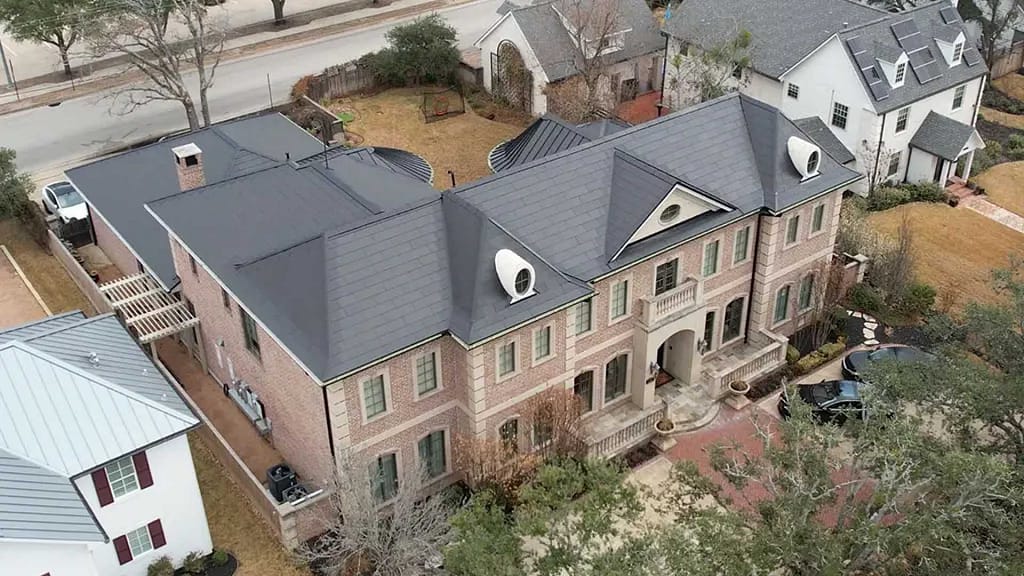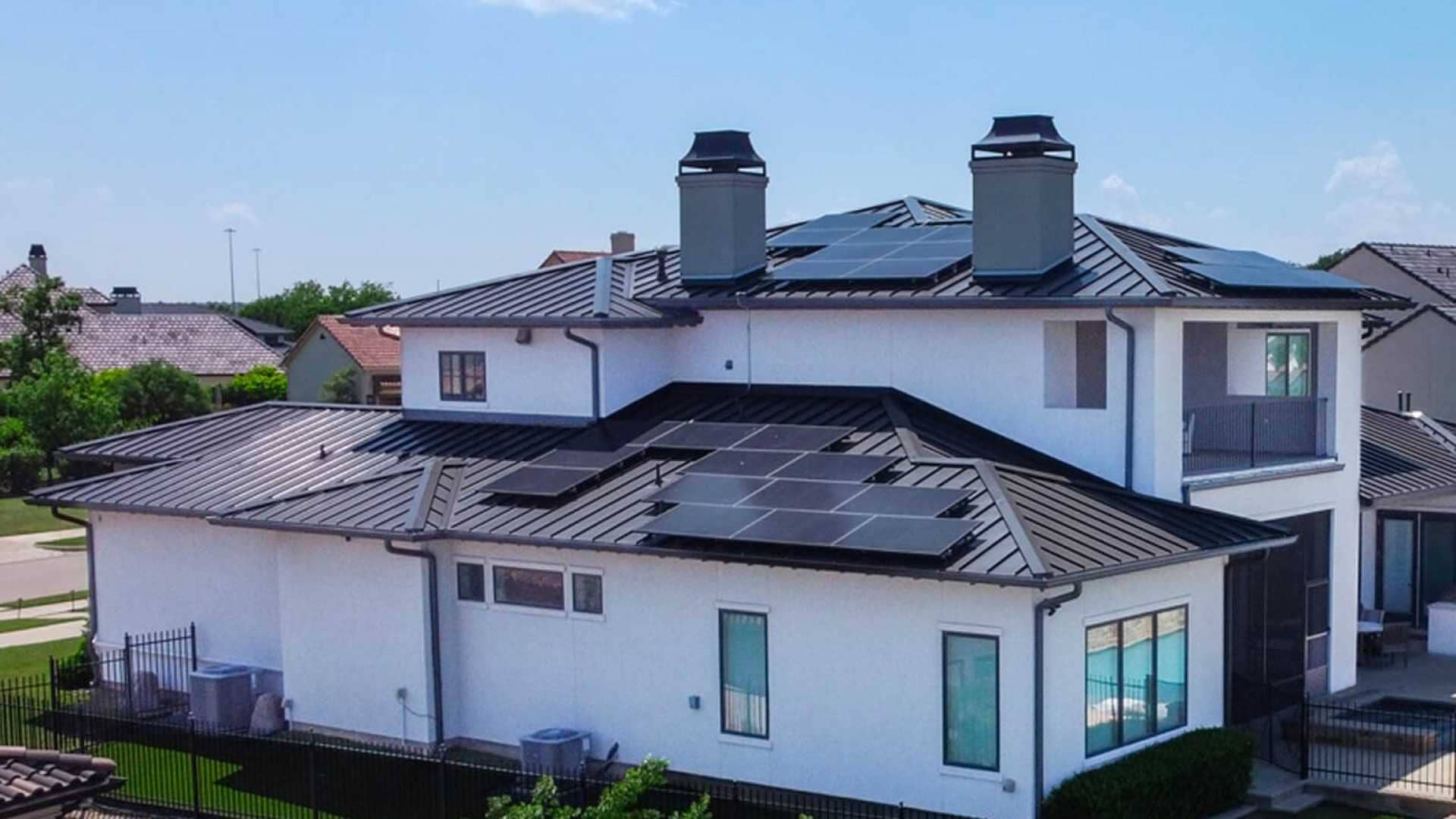
Texas Residential Solar Installer
Solar Panel Installation in Austin, Dallas-Fort Worth, & Houston
We’re spending more time at home than ever before, and with that, experiencing record-high electric bills.
Storms are stronger and more frequent than ever before, and because of that, we’re witnessing the fragility of our electric grid.
Our auto fleet is turning electric. Energy-intensive cryptocurrency is on the rise. Utilities are phasing out mine-and-burn power plants – a perfect storm for an unstable grid.
Solar energy can give you the ability to use clean energy whenever you need it, even during blackouts and at times when energy bills are skyrocketing. If you want off-grid backup power that’s within your control, turn to solar panels installed by the experts at Good Faith Energy. Gain energy resilience today with a solar, energy storage, and smart panel system with Good Faith Energy.
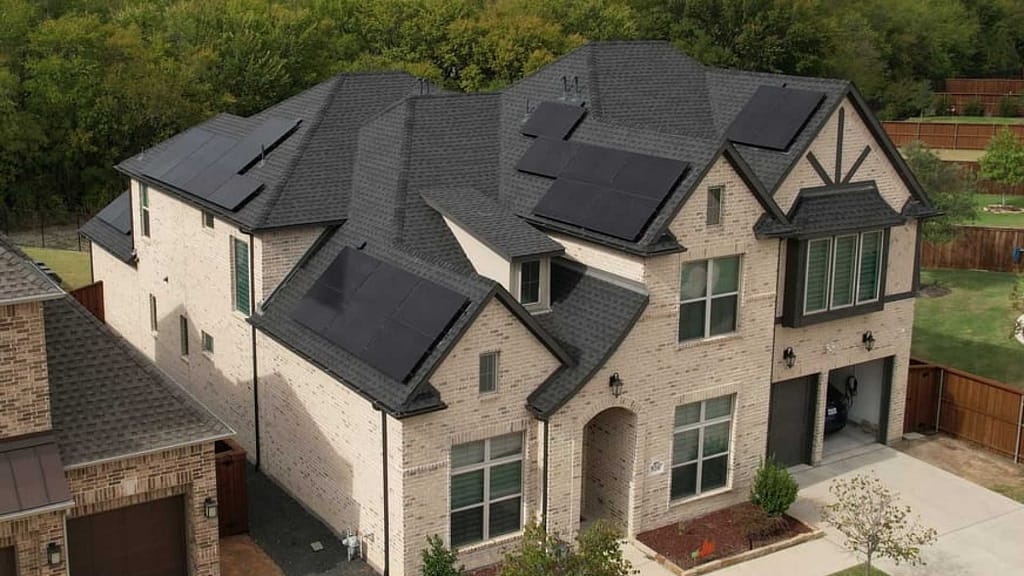
Benefits of Going Solar
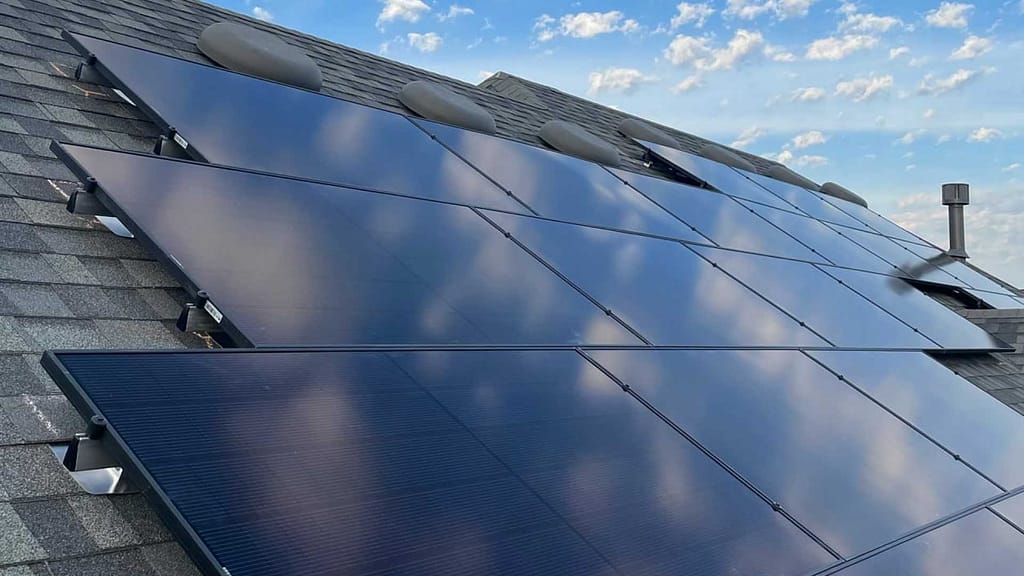
Solar energy can give you complete control over your energy bills, keeping them lower than you thought possible. But that’s not the only savings you can expect when you work with Good Faith Energy.
We can help you take advantage of current tax incentives, and we can tell you about our various financial offers to ensure you get the product you need at a price that’s right for you.
Solar energy is a clean and renewable source of energy with no harmful emissions produced for the environment.
We can also show you how solar panels can improve the value of your home if you ever want to put it on the market in the future.
Energy costs may skyrocket at certain times of the day and during weather events, but one thing you can be certain of is that solar energy will ensure you have the energy you need, when you need it, at a price you can afford.
For additional benefits and reasons for going solar, please read our blog on this benefits of adding solar to your home.
Request a Quote
We are trusted solar providers for good energy solutions, and we are a top-rated business on Google, Yelp, and Facebook. We’ve earned our reputation by providing top-notch service from the moment you call to installation and beyond! Unlike other companies, we have local sales teams, installation teams, and post-installation service teams to best serve you.
Contact our residential solar roof installation company to start your residential solar project. We install solar panels and also handle roofing replacement for homeowners throughout Austin TX and the entire Dallas-Fort Worth Metroplex, including Farmers Branch, TX; Irving, TX; Royse City, TX; Plano, TX; Rockwall, TX; and Frisco, TX. View our service area for more information.
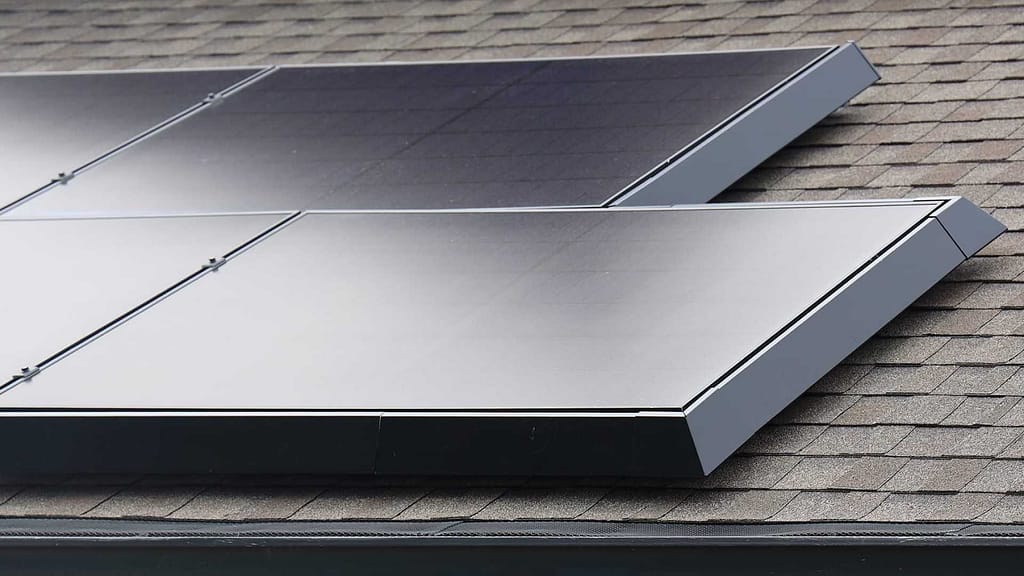
Why Choose Us For Your New Residential Solar?

3,000+
Happy Homeowners

10
Years of Experience

2,000+
Successful Solar Projects

1,600+
Battery Backed Up Homes
FAQs About Solar
Solar energy is becoming an increasingly popular source of renewable energy for residential and commercial properties alike.
How does solar impact my property values?
Solar energy systems can have a significant impact on the value of a property. According to a study by the National Renewable Energy Laboratory, every dollar saved on electricity bills through a solar panel system can increase the value of a home by $20, which translates to a $30,000 increase for a 6 kW solar panel system that saves $120 per month on energy bills. On average, solar panels can raise a home’s value by 4.1% across the United States, according to a Zillow analysis, which could increase a home’s value by $9,274 on a $226,300 home. Additionally, a study by the Lawrence Berkeley Labs formula found that a 6 kW solar panel system could result in a $30,000 increase in home value.
It is important to note that the age of the roof could impact the installation of solar panels, as an old roof under new panels may need replacement, which adds to the cost of removal, installation, and reinstallation of the panels. Additionally, solar panels offer long-term savings as they lock energy prices at a constant rate, meaning that as electricity prices rise, energy bills will not, resulting in an annual savings of around $1,500, or $37,500 over a period of 25 years.
What is the difference between grid-tied and off-grid solar?
Grid-tied solar systems are connected to the power grid and use it as a battery, storing any excess energy generated by the solar panels for later use. These systems do not typically require battery storage, and any excess energy generated by the panels can be sold back to the grid for a credit on the customer’s utility bill. However, grid-tied systems do not provide power during grid outages.
On the other hand, off-grid solar systems are not connected to the power grid and rely on battery storage to provide electricity when the sun is not shining. These systems require a more significant investment in battery storage to ensure that they have enough power to last through periods of low sunlight. Off-grid systems are ideal for remote areas where grid power is not available or is prohibitively expensive to install.
In terms of cost, grid-tied solar systems tend to be less expensive than off-grid systems, as they require fewer components and do not need as much battery storage. Off-grid systems require more upfront costs for additional equipment like expensive battery banks to make them viable. However, off-grid systems may be more cost-effective in remote areas where it would be expensive to connect to the grid.
What are the components that make up a solar energy system?
A solar energy system typically consists of several key components. The primary component is the solar panels, which convert sunlight into electrical energy through photovoltaic (PV) panels or mirrors that concentrate solar radiation. Other essential components include an inverter to convert the solar energy into usable electricity, racking or mounting systems to hold the solar panels in place, batteries for energy storage, and a solar power meter to measure the system’s performance. Additional components can include junction boxes, interconnectors, silicon glue, and back sheets.
It is important to note that the specific components needed for a solar energy system can vary depending on the system’s intended use and design. For example, a residential solar electric system may include a solar battery storage unit to store excess energy, while a grid-tie system may not require batteries since excess energy can be fed back into the power grid. Overall, the combination of these components allows solar energy to be harnessed and converted into usable electricity.
Can solar power be stored?
Yes, solar power can be stored for future use in residential photovoltaic (PV) systems using various types of batteries such as lithium-ion, lead-acid, and flow batteries. The ability to store solar energy is important as solar panels can only generate electricity when the sun is shining.
Solar power storage can last up to 18 years and is a fossil and emissions-free way of generating electricity. However, it should be noted that solar panels are not designed to store excess electricity, and any unused electricity will be fed back into the power grid. Therefore, if you want to store your excess solar energy, solar battery systems are available.
Will solar power save me money?
Yes, solar power can save you money over time. Solar panels generate their own power and can significantly offset or even eliminate your monthly electricity bill, depending on the size of your solar system and your home’s energy usage.
The average home can save between $20,000 and $97,000 over the lifetime of a solar panel system, depending on the cost of electricity in your area. Installing solar panels can cost money upfront, but the federal tax credit can help lower the cost
Can solar power my whole house?
Yes, solar panels can power a whole house, but it depends on several factors. First, the number of solar panels required to power a home depends on the energy consumption of the home. The average house needs 15-18 solar panels to generate enough electricity to power a 1500-square-foot home. However, the number of solar panels required may vary based on the home’s energy needs and location. Second, the use of a portable power station (PPS) like the DELTA Pro is essential to store the electricity generated by solar panels during the day. Third, net metering programs can help ensure that solar panels cover electricity bills, but they may not be available in all areas. Finally, it is important to consider the home’s energy consumption during the night or on dark days/months to ensure that the home remains comfortable and secure
Have more questions we didn’t answer? Give us a call today and we are happy to handle all your questions and concerns about solar.

Get a Quote:
